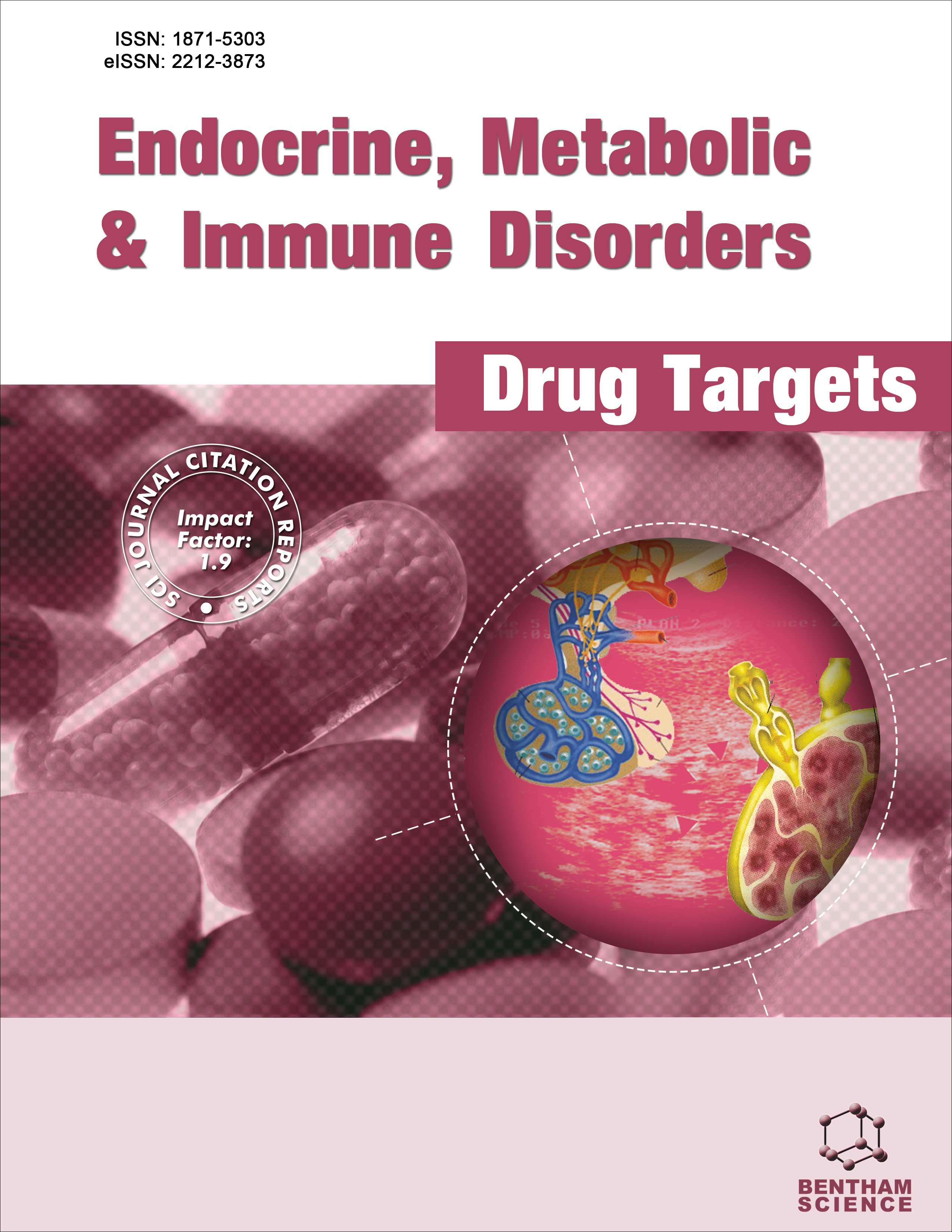-
s Targeting T Cell Metabolism as a Novel Approach for Treatment of MS: With a Focus on PFKFB3 Inhibitors
- Source: Endocrine, Metabolic & Immune Disorders-Drug Targets, Volume 23, Issue 4, Apr 2023, p. 417 - 422
-
- 01 Apr 2023
Abstract
Multiple sclerosis (MS) is one of the organ-specific autoimmune diseases in which immune cells invade the neurons in the central nervous system (CNS) due to loss of tolerance to self-antigens. Consequently, inflammation and demyelination occur in the central nervous system. The pathogenesis of MS is not completely understood. However, it seems that T cells, especially Th17 cells, have an important role in disease development. In recent years, studies on the manipulation of metabolic pathways with therapeutic targets have received increasing attention and have had promising results in some diseases, such as cancers. Glycolysis is a central metabolic pathway and plays an important role in the differentiation of T CD4+ cells to their subsets, especially Th17 cells. This suggests that manipulation of glycolysis, for example, using appropriate safe inhibitors of this pathway can represent a means to affect the differentiation of T CD4+, thus reducing inflammation and disease activity in MS patients. Hence, in this study, we aimed to discuss evidence showing that using inhibitors of 6-phosphofructo-2- kinase/fructose-2,6-biphosphatase 3(PFKFB3) as the main regulator of glycolysis may exert beneficial therapeutic effects on MS patients.


